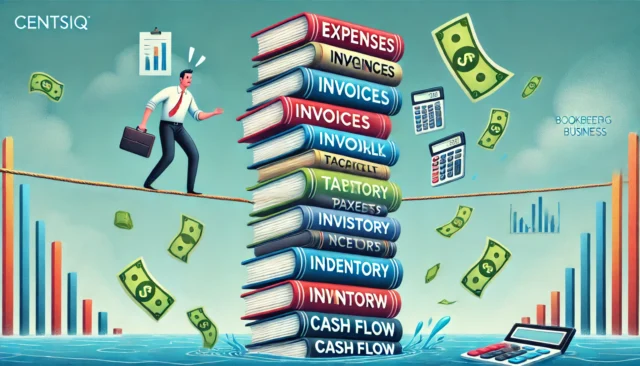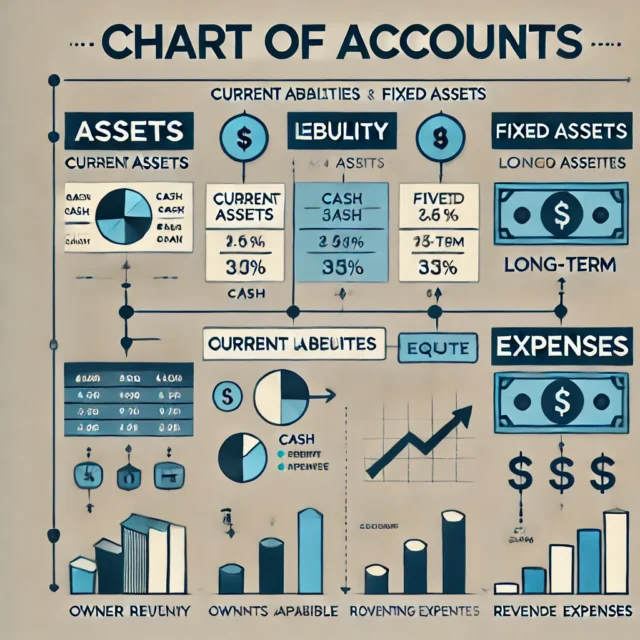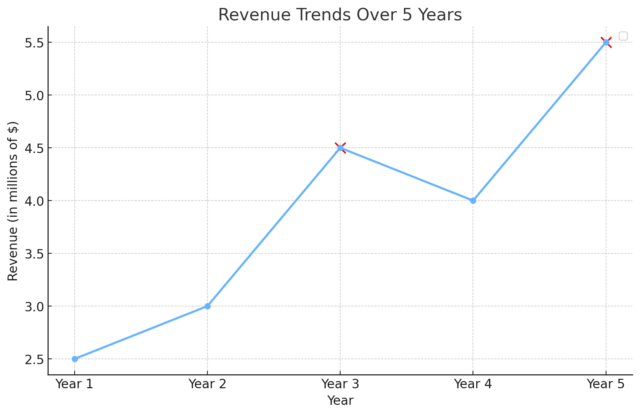Table of Contents
- 1 Challenging Aspects of Small Business Bookkeeping
- 1.1 The Temptation of DIY Bookkeeping
- 1.2 Choose a Platform
- 1.3 Common Bookkeeping Blunders Small Business Owners Make
- 1.4 Embracing Technology: Let Software Do the Heavy Lifting
- 1.5 The Perils of Procrastination: Don’t Delay, Act Today
- 1.6 Metaphorically Speaking: Treat Your Finances Like a Garden
- 1.7 Rhetorical Question: Can You Afford Not to Prioritize Bookkeeping?
Challenging Aspects of Small Business Bookkeeping
You’ve taken the plunge and started your own small business. Congratulations! It’s an exhilarating journey, but let’s face it – the administrative side can be a real headache. As a fellow entrepreneur, I get it. You want to focus on growing your business, not drowning in paperwork and number-crunching. But here’s the thing: nailing your admin and bookkeeping from day one is crucial for long-term success.
The Temptation of DIY Bookkeeping
It’s no surprise that many small business owners try to tackle bookkeeping on their own. After all, in the early stages of a business, every dollar counts, and you might be tempted to cut corners. But bookkeeping isn’t just data entry—it’s the backbone of your business’s financial health. The allure of handling it yourself can backfire if you don’t have a deep understanding of accounting principles. Here’s why: bookkeeping is not just about tracking income and expenses. It involves categorizing transactions correctly, managing cash flow, and reconciling accounts, which is where many small business owners fall short.
Choose a Platform
Common Bookkeeping Blunders Small Business Owners Make
- Mixing Personal and Business Expenses: Think of your business finances as a plant. Mixing personal expenses is like pouring soda into the soil—it’s not going to end well. Without a dedicated business bank account and credit card, personal and business expenses become entangled, making it a nightmare to track actual business costs.
- Confusing Assets with Expenses: Bought a new laptop for your office? That’s an asset, not just an expense. Many new entrepreneurs blur the lines between assets (items that provide long-term value) and expenses (short-term costs), which can distort financial statements and affect tax calculations.
- Misclassifying Revenues and Liabilities: Receiving a customer prepayment? That’s a liability until you deliver the service or product. Mixing up revenues and liabilities can inflate your income inaccurately, leading to misleading financial insights.
- Neglecting Regular Account Reconciliation: Skipping monthly reconciliations is like not checking your bank statements—you might miss errors or fraudulent activities. Reconciling all major accounts, not just your bank and credit card, ensures your records match reality.
- Misunderstanding Debits and Credits: The terms “debit” and “credit” can feel like accounting jargon, but they’re fundamental. Misapplying them is akin to misreading a recipe—what you end up with won’t be what you intended.
Embracing Technology: Let Software Do the Heavy Lifting
In the digital age, bookkeeping software can automate many tasks, reduce errors, and save time.
- User-Friendly Platforms: Tools like QuickBooks or Xero are designed with small business owners in mind.
- Real-Time Insights: Access financial data anytime, anywhere, helping you make swift decisions.
The Perils of Procrastination: Don’t Delay, Act Today
Putting off proper bookkeeping is like ignoring a leaky roof—it might not seem urgent now, but the damage accumulates. The longer you wait, the more complex and costly it becomes to sort things out.
Metaphorically Speaking: Treat Your Finances Like a Garden
Your business finances are like a garden. Neglect them, and weeds (errors) take over. Tend to them regularly, and you’ll enjoy a bountiful harvest.
Rhetorical Question: Can You Afford Not to Prioritize Bookkeeping?
Consider the risks: financial penalties, cash flow problems, misguided business decisions. The question isn’t whether you can handle bookkeeping yourself, but whether you can afford the consequences of getting it wrong.
Take Control of Your Finances Today! At CentsIQ, we specialize in providing expert bookkeeping services tailored for small businesses. Our dedicated team is here to simplify your financial management, ensuring accuracy and clarity every step of the way. Let us handle the numbers so you can focus on growing your business. Ready to get started? Contact us now for a free consultation!







